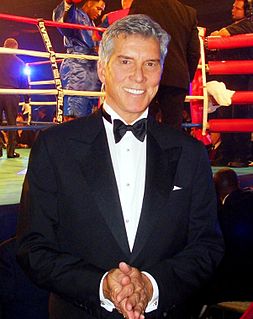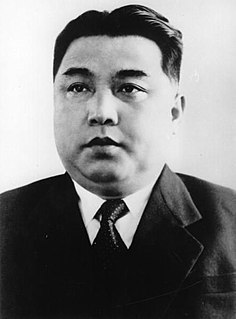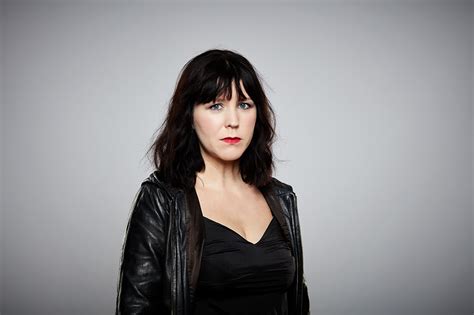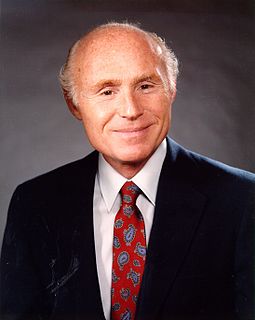A Quote by Michel de Montaigne
Children's games are hardly games. Children are never more serious than when they play.
Related Quotes
In 1600 the specialization of games and pastimes did not extend beyond infancy; after the age of three or four it decreased and disappeared. From then on the child played the same games as the adult, either with other children or with adults. . . . Conversely, adults used to play games which today only children play.
It is among the ranks of school-age children, those six- to twelve-year-olds who once avidly filled their free moments with childhood play, that the greatest change is evident. In the place of traditional, sometimes ancient childhood games that were still popular a generation ago, in the place of fantasy and make- believe play . . . today's children have substituted television viewing and, most recently, video games.
We actually did go on a camping trip together as part of the research, in a caravan, for a week. I guess we picked who annoyed us most from genuine experience. We did a lot of research on camping and what annoys people. It's quite often children playing ball games. It's a huge debate in the caravan world whether children should be allowed to play ball games or not.
I believe that if we don't make moves to get people who don't play games to understand them, then the position of video games in society will never improve. Society's image of games will remain largely negative, including that stuff about playing games all the time badly damaging you or rotting your brain or whatever.








































